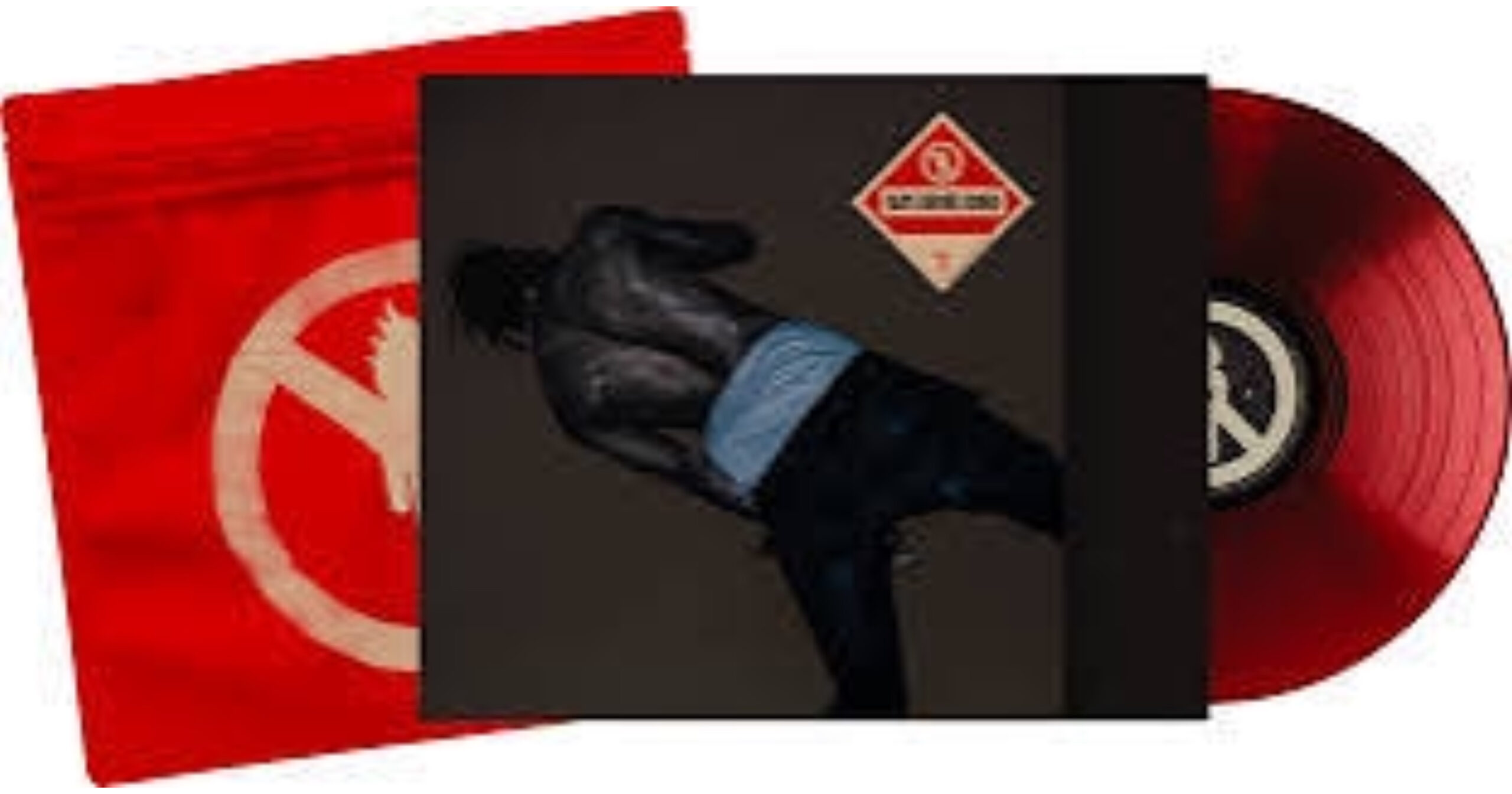(September 24, 2024). There was a time when the Billboard charts were a barometer of what songs and albums were currently the most popular, or at least the most consumed, product in the U.S. market (emphasis on currently).
Even in the old days when the charting authority relied on the equivalent of a messenger pigeon to deliver data that would ultimately inform its charts, those lists were considered a real-time reflection of the country’s most popular records from week to week.
Things have changed in the new vinyl-meets-digital age.
Thanks to albums that were ordered online more than a month ago — presumably when people wanted them — but delivered to fans’ doorsteps this past week, there’s a new No. 1 album atop this week’s Billboard 200 chart (dated September 28).
Talk about snail mail.
Travis Scott’s reissued mixtape, Days Before Rodeo, was shortchanged in its debut chart frame three weeks ago by less than one thousand album units and entered the Billboard 200 at No. 2 behind red-hot pop starlet Sabrina Carpenter’s Short n’ Sweet.

Now this week, thanks to nearly 150,000 vinyl albums that were ordered by fans in the days before September — specifically, prior to the album’s release on August 23 — but were delivered to fans during the most recent tracking week (Sept 13-19), Days Before Rodeo leaps from No. 106 to No. 1, pushing Carpenter’s album to second place. Rodeo is the only new album this year to move to No. 1 without having debuted there (Toby Keith’s 35 Biggest Hits — released in 2008 — climbed to No. 1 following his death earlier this year, after peaking at No. 2 during its original release).
Chalk up Scott’s anomaly to current Billboard math and an artifact of how pre-orders of LPs — and slow production or delivery of product, especially vinyl — can affect the charts weeks or even a month after they were initially ordered by fans.
In today’s digital world, where barcode-scanning technology combines with electronic monitoring of digital downloads and streaming clicks to determine the most consumed albums each week, one would think such technology would also be able to detect an online purchase of a vinyl album at the point of order, with some way to confirm that the purchase was indeed legit and not the result of bots trying to falsely inflate the numbers.
Had Billboard and its data partner, Luminate, counted the vinyl albums when they were ordered, or at least during the album’s initial impact week, it might have been the difference between a No. 1 debut for Scott on the Sept. 7 chart, and the runner-up position he had to settle for that week.
I don’t work for Billboard or Luminate and don’t profess to know why they count sales the way they do, but I can hazard a few guesses.
One. Truth in advertising. Travis Scott’s website likely disclosed that the album’s delivery would be on a future date, or at least a number of weeks after the orders were made. Thus, fans ordered it presumably knowing when they were getting it. With that understanding, Billboard’s policy to count the sales when they arrive — not when they were made — might make sense.
Two. Flexible cancellation policy. I haven’t visited Scott’s website and don’t know what his cancellation policy is. But if pre-orders can be cancelled up to a week or so prior to delivery, then it makes sense that Billboard wouldn’t count a sale until it is actually in the consumer’s possession.
Three. It’s no different than before. Billboard has always counted sales when they arrived in consumer’s hands, not while they were sitting on store shelves or, in this case, an online store’s ordering platform. The numbers are just being exacerbated now by the fact that website sales, especially preorders of vinyl records, usually have a one-week impact and then a huge drop off after the novelty wears off or the label limits the album’s availability to ensure maximum interest or impact.
Four. The industry wants it this way. Music fans often forget that Billboard’s charts are intended for the industry — not fans — to gauge how their product is performing in the marketplace. That fans are also entertained by them is a nice bonus but, ultimately, Billboard is and always has been the industry’s trade publication and, as such, the industry provides a lot of input into how the magazine’s charts are calculated. For reasons that make business and marketing sense, Scott and his label will be able to leverage the huge vinyl sales and the No. 1 chart position they created, regardless of how long they occurred after the album was ordered by consumers.
On a side note, fans of vinyl records may delight in the fact that not only did vinyl alone propel this week’s No. 1 album, but the 149,000 vinyl copies Days Before Rodeo tallied are the largest sum for a hip-hop album in a single week — and the sixth largest for any genre — since Luminate began counting actual sales in 1991.
By the way, without the vinyl component, Days Before Rodeo would’ve registered about 7,000 album-equivalent units this week, further exacerbating its prior downhill trajectory where it fell from No. 2 to No. 30 to No. 106 in just three weeks on the chart.
Next week, without the contribution from vinyl to pad its otherwise diminishing performance, Scott’s album will likely make a historic fall from No. 1 to somewhere below the chart’s top half… if it is even on the Billboard 200 at all.
DJRob
DJRob (he/him) is a freelance music blogger from the East Coast who covers R&B, hip-hop, disco, pop, rock and country genres – plus lots of music news and current stuff! You can follow him on X (formerly Twitter) at @djrobblog and on Meta’s Threads.
You can also register for free (select the menu bars above) to receive notifications of future articles.


